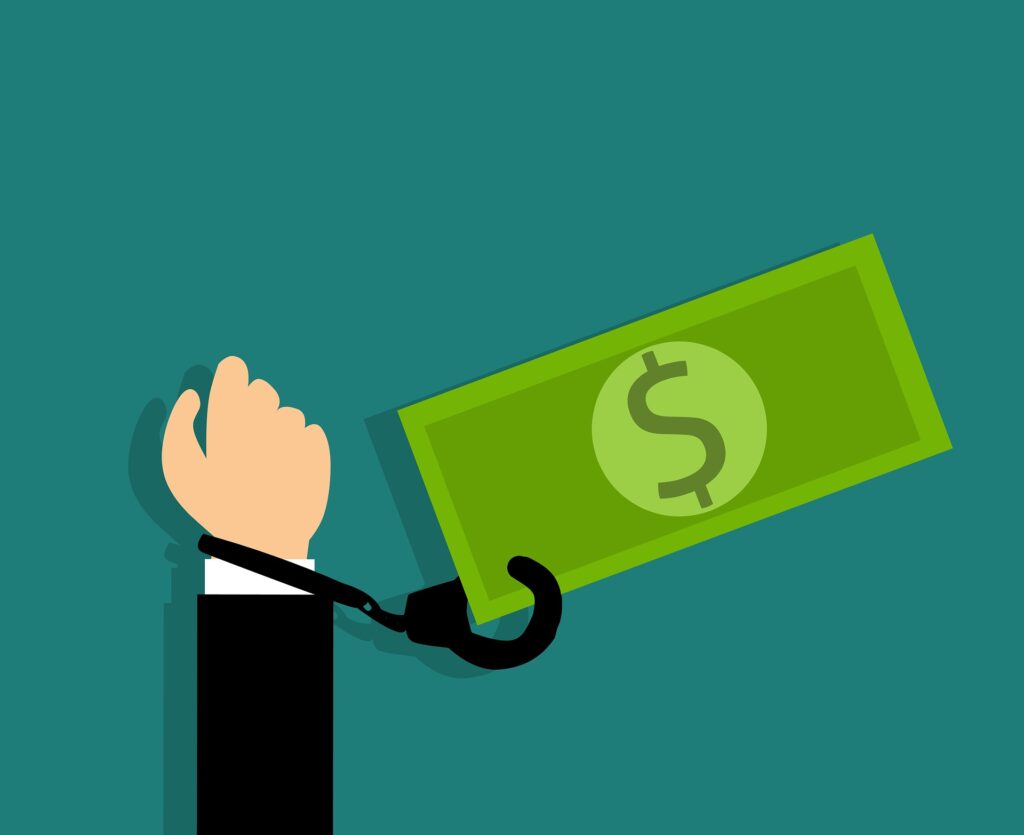Introduction
Money habits shape our financial lives, yet many of us don’t fully understand why we spend the way we do. By delving into the psychology of spending, we can gain valuable insights into our financial behaviors and make more informed decisions. This article explores the underlying factors that influence our spending habits and offers strategies to improve our financial well-being.
The Emotional Connection to Money
Our relationship with money often stems from deep-seated emotions and experiences. Childhood memories, family traditions, and societal norms all play a role in shaping our spending patterns. Understanding these emotional triggers can help us make more rational financial choices.
For example, some people may engage in “retail therapy” to cope with stress or sadness. While this might provide temporary relief, it can lead to long-term financial strain. Recognizing this pattern is the first step towards developing healthier coping mechanisms.
The Power of Instant Gratification
In today’s fast-paced world, the desire for instant gratification heavily influences our spending habits. Online shopping, one-click purchases, and same-day delivery services make it easier than ever to indulge in impulse buying.
To combat this, try implementing a “24-hour rule” for non-essential purchases. This cooling-off period allows you to evaluate whether you truly need the item or if it’s just a fleeting desire. Learning to delay gratification can significantly improve your financial health.
Social Influences on Spending
Our spending habits are often shaped by our social environment. The desire to keep up with peers or maintain a certain lifestyle can lead to overspending and financial stress. Social media platforms can exacerbate this issue, constantly exposing us to curated images of others’ seemingly luxurious lives.
To counteract these influences, focus on your personal financial goals rather than comparing yourself to others. Remember, true financial success is about achieving your own objectives, not meeting someone else’s standards.
The Impact of Marketing and Advertising
Clever marketing tactics can significantly influence our spending decisions. Advertisers use psychological techniques to create a sense of urgency or tap into our emotions, encouraging us to make purchases we might not otherwise consider.
Developing a critical eye towards advertising can help you make more mindful spending choices. Before making a purchase, ask yourself if you genuinely need the item or if you’re being swayed by clever marketing.
Mindful Spending Practices
Adopting mindful spending habits can lead to better financial outcomes. Here are some strategies to consider:
- Track your expenses: Keeping a detailed record of your spending can reveal patterns and areas for improvement.
- Create a budget: A well-planned budget can help you allocate your resources more effectively.
- Practice gratitude: Focusing on what you already have can reduce the urge to acquire more.
- Use cash: Paying with cash can make spending feel more “real” and help you stay within your limits.
The Role of Financial Education
Improving your financial literacy can have a profound impact on your spending habits. The more you understand about personal finance, the better equipped you’ll be to make sound financial decisions.
Consider investing time in learning about basic financial concepts, such as budgeting, saving, and investing. There are many resources available, including books and online courses, that can help you enhance your financial knowledge.
Overcoming Financial Obstacles
Sometimes, external factors can derail our best intentions when it comes to spending. Job loss, unexpected expenses, or economic downturns can force us to adapt our financial habits quickly. Having an emergency fund can provide a buffer against these challenges and help maintain financial stability.
Conclusion
Understanding the psychology behind our spending habits is crucial for achieving financial well-being. By recognizing the emotional, social, and external factors that influence our decisions, we can develop more mindful spending practices. Remember, small changes in your financial behavior can lead to significant improvements over time. Take the first step today by examining your spending habits and identifying areas for positive change.
Frequently Asked Questions
How do emotions affect our spending habits?
Emotions play a significant role in shaping our spending habits. Childhood experiences, family traditions, and societal norms influence our relationship with money. Some people engage in “retail therapy” to cope with stress or sadness, which can lead to long-term financial strain if not recognized and addressed.
What is the “24-hour rule” for non-essential purchases?
The “24-hour rule” is a strategy to combat impulse buying. It involves waiting 24 hours before making a non-essential purchase. This cooling-off period allows you to evaluate whether you truly need the item or if it’s just a fleeting desire, helping you make more mindful spending decisions.
How does social media influence our spending habits?
Social media can significantly impact spending habits by constantly exposing users to curated images of others’ seemingly luxurious lives. This exposure can create a desire to keep up with peers or maintain a certain lifestyle, potentially leading to overspending and financial stress.
What are some mindful spending practices to improve financial health?
Some mindful spending practices include tracking expenses, creating a budget, practicing gratitude for what you already have, and using cash for purchases. These strategies can help you allocate resources more effectively, reduce unnecessary spending, and improve overall financial health.
How can improving financial literacy impact spending habits?
Improving financial literacy can have a profound impact on spending habits. The more you understand about personal finance concepts like budgeting, saving, and investing, the better equipped you’ll be to make sound financial decisions. This knowledge can lead to more informed spending choices and improved long-term financial well-being.










